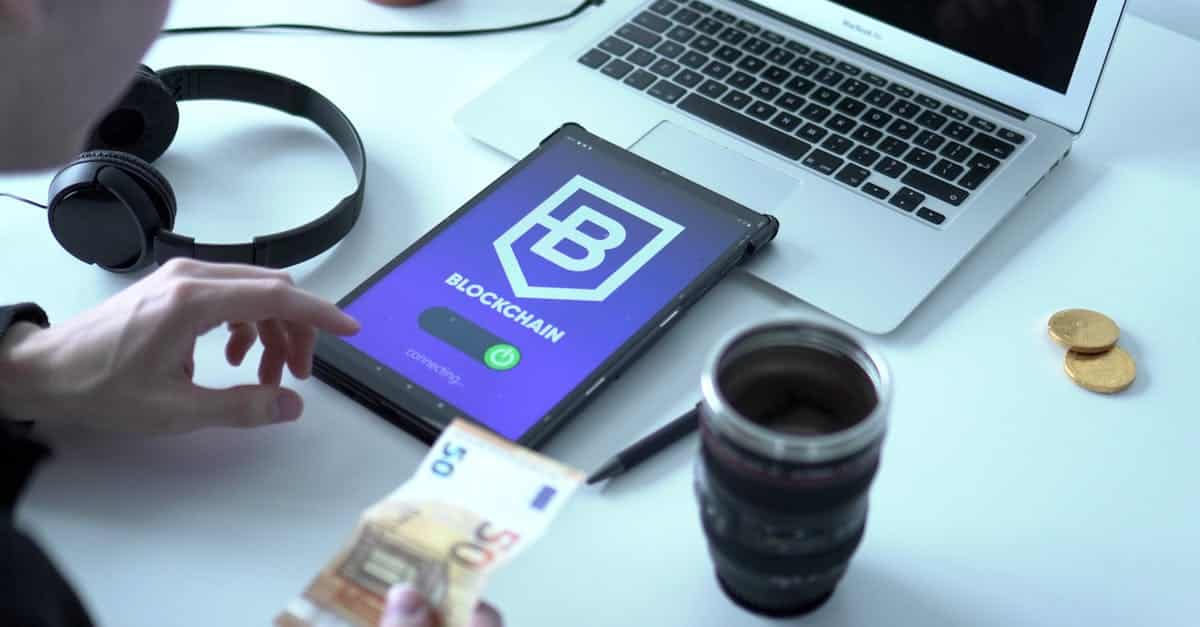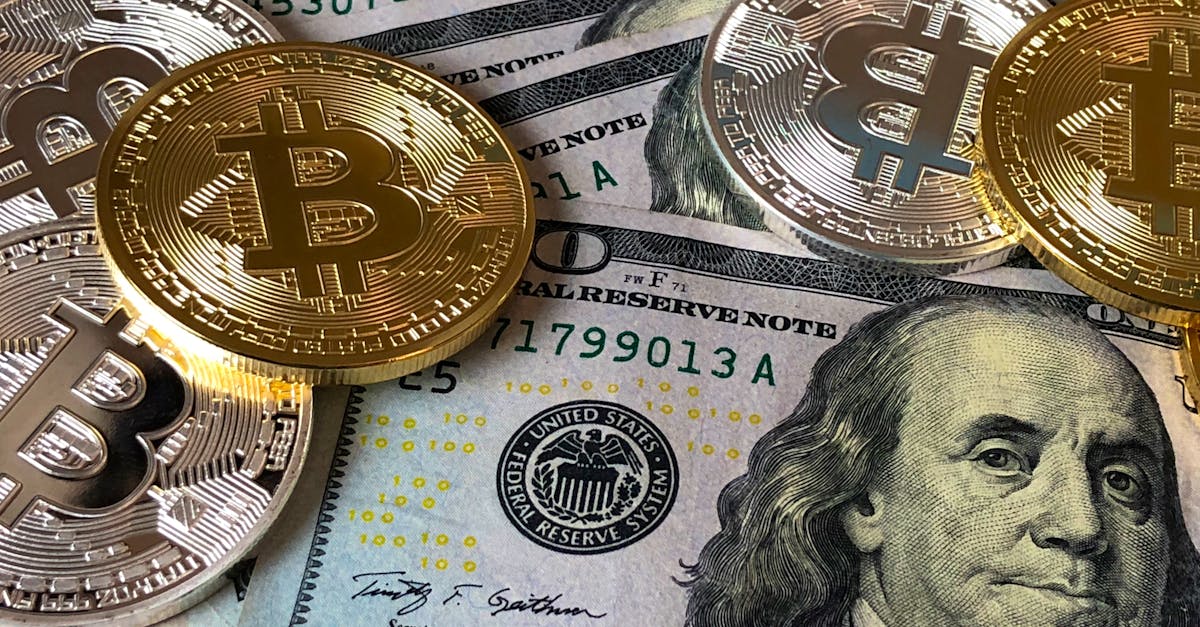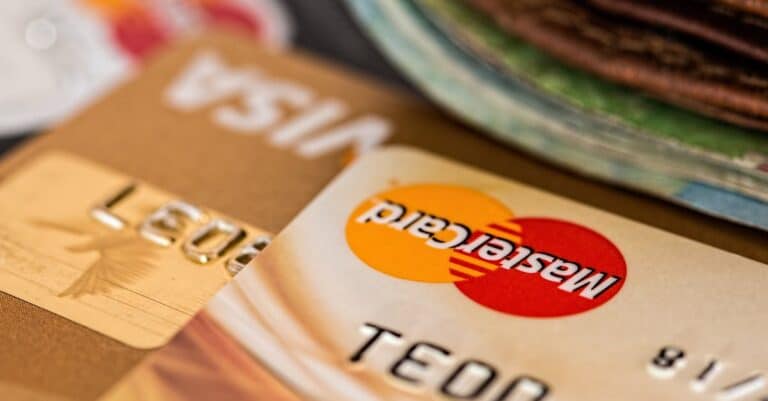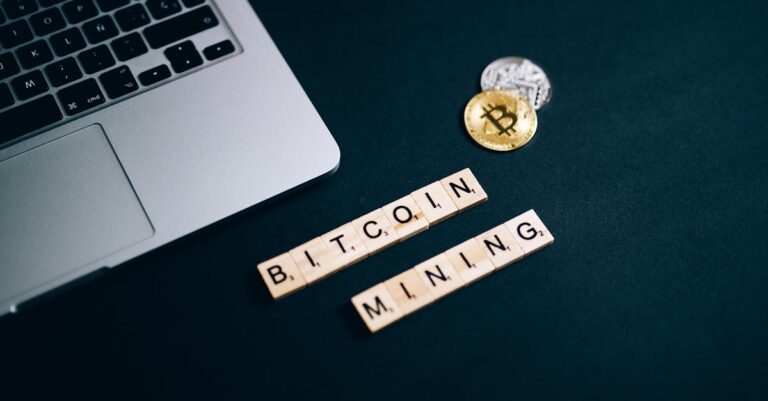Are these 7 Blockchain Applications Revolutionary Game Changers in Supply Chain Management?
# Are these 7 Blockchain Applications Revolutionary Game Changers in Supply Chain Management?
The realm of supply chain management is undergoing an evolution, thanks to the integration of blockchain technology. This emerging tech harbors the potential to introduce groundbreaking changes across various aspects of supply chain processes. In this article, we delve into seven applications where blockchain could be leading a transformation.
##
Provenance Tracking

One significant challenge in supply chain management is ensuring the authenticity and journey of products from the manufacturer to the end consumer.
###
1. Improved Transparency
Blockchain introduces unprecedented levels of transparency by creating permanent, unalterable records of product movement. Each step of a product’s journey can be tracked and verified to prevent counterfeiting and ensure compliance with regulations.
###
2. Enhanced Product Safety
In industries such as pharmaceuticals and food, safety is paramount. Blockchain technology aids in swiftly tracking down the source of contamination, if any, ensuring consumer safety and maintaining brand reputation.
##
Cost Reduction

To achieve competitive advantage, organizations are perpetually seeking methods to cut costs.
###
3. Efficient Inventory Management
Through real-time data access and more accurate demand forecasting, businesses can significantly reduce excess inventory and related costs.
###
4. Reduction in Paperwork
Traditionally, international trade involves a plethora of paperwork. Blockchain can digitize these processes, making them more secure, efficient, and cost-effective.
##
Trustworthy Partner Integration

Integrating new partners into the supply chain network demands trust, which isn’t easily achieved.
###
5. Streamlined Partner Onboarding
Blockchain facilitates a more trustworthy exchange of information, simplifying the process of integrating new partners by quickly establishing trust.
###
6. Smart Contracts
Smart contracts automate transactions and enforce agreements without the need for intermediaries, further ensuring integrity and efficiency in partner interactions.
##
Counterfeit Deterrence
The market is plagued with counterfeit goods, costing businesses revenue and damaging brand image.
###
7. Immutable Records
Blockchain combats counterfeit goods by creating immutable ledger entries for items, ensuring they can be tracked and verified as authentic throughout their lifecycle.
## Conclusion
The question is not if, but how swiftly blockchain technology will revolutionize the supply chain domain. These seven blockchain applications illustrate the potential for creating a more transparent, efficient, and secure supply chain network, streamlining operations and establishing a new standard in supply chain management.







